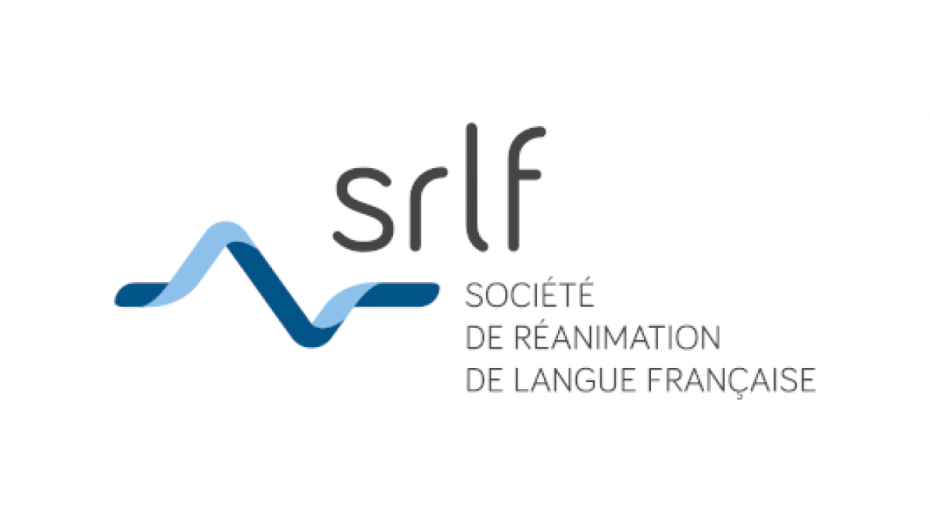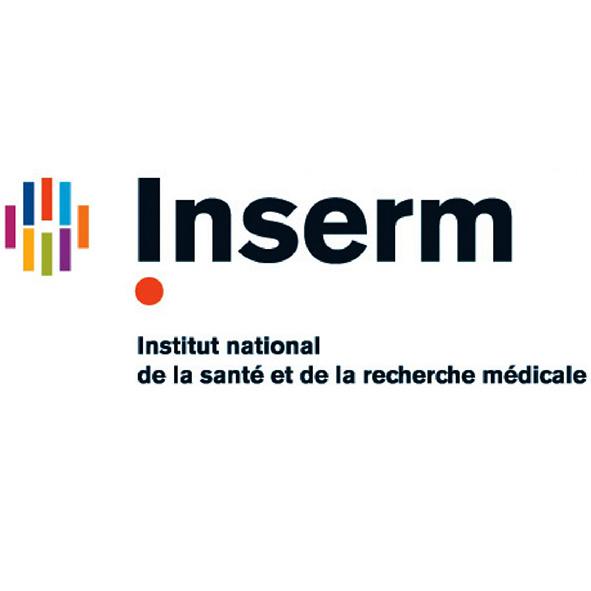Associated members
Project
Nosocomial pneumonia represents a major public health challenge as it is an important cause of prolonged stay and death in intensive care unit. Sepsis-induced immunoparalysis encompasses various acquired immune dysfunctions, and is associated with increased susceptibility to secondary lung infections in critically ill patients. Relevant clinically-derived experimental models have demonstrated the critical impact of sepsis on lung defense.
The immune pathology of sepsis is viewed as a primary pro-inflammatory response responsible for organ dysfunctions, including the acute respiratory distress syndrome (ARDS), followed by a sustained immunosuppressive response associated with increased susceptibility to secondary pneumonia. Our translational research program aims at deciphering the lung epithelial-immune cross-talk and at reversing the defective post-infective lung defense by mesenchymal stromal cell therapy in post-septic hosts.

1. Respiratory epithelium and immune microenvironment in post-septic immunosuppression. While the roles of most hematopoietic cells have been delineated in post-septic lung immunity, the contribution of airway epithelium has been poorly studied despite its key role as a first-line lung defense. At the interface between internal and external environments, epithelia are likely to exhibit structural and functional alterations during sepsis, and may thereby contribute to the acquired susceptibility to secondary lung infections.
Our team identified TLR2 as a susceptibility factor towards a secondary pneumonia to P. aeruginosa in post-sepsis mice, which seems to be involved in the loss of epithelial cell integrity during sepsis. Relying on human pathology and animal model of sepsis-induced immunosuppression, this translational project is aimed at investigating how the airway epithelium and its interactions with immune cells including neutrophils are contributing to post-septic impairment in pulmonary defense.
2. Towards innovative therapeutics to reverse sepsis-induced immunoparalysis. Therapeutic immunomodulation in sepsis remains challenging. Whereas anti-inflammatory treatments failed to improve patients’ outcomes, immune-enhancing strategies are currently being developed to restore lung immunity in this setting. Mesenchymal stromal cells harbor broad functional plasticity and offer promising insights to shape the complex immuno-inflammatory impression during sepsis. The therapeutic potential of mesenchymal stromal cells is investigated in experimental animal models of sepsis and through the functional modulation of immune cells from septic patients.














